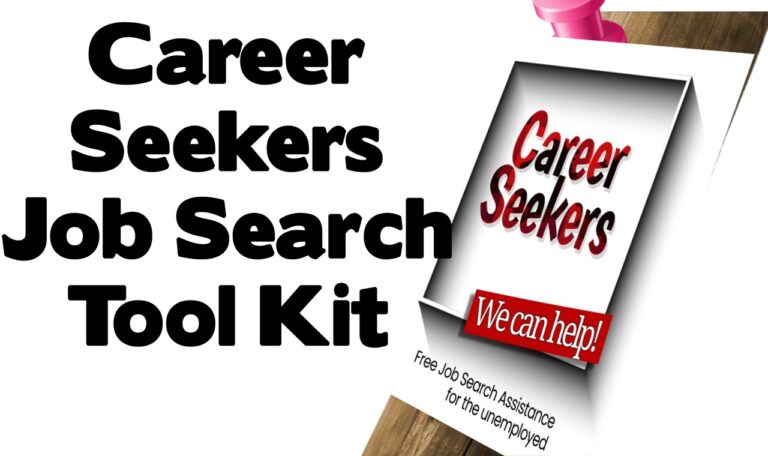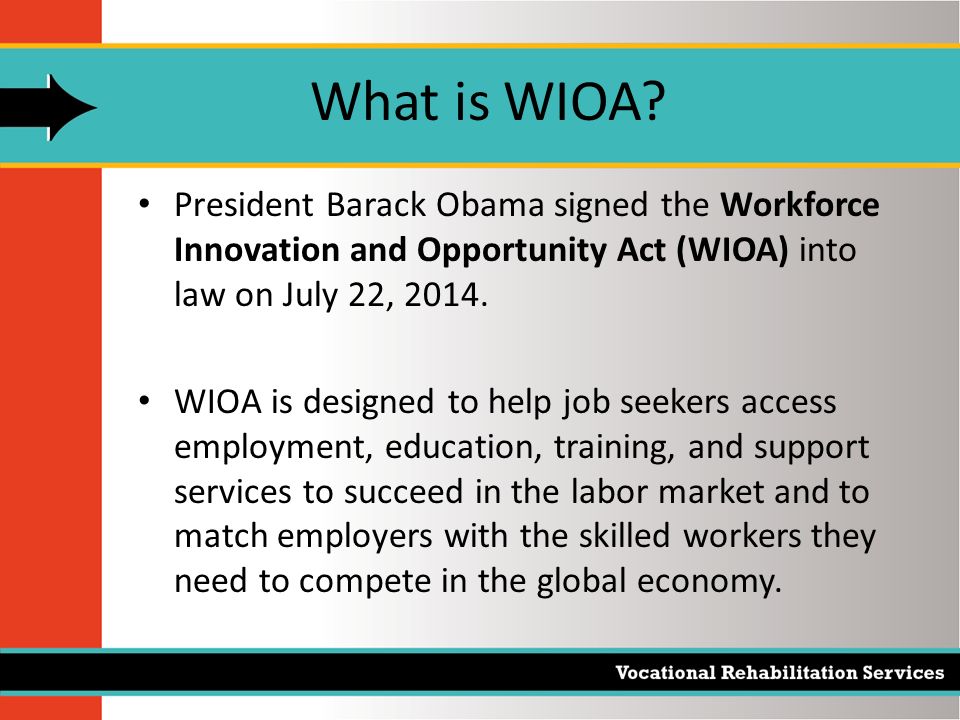How to talk during the interview
As Jonathan Golding and Anne Lipert point out on Psychology Today, several studies have found that candidates who project energy and excitement are generally more likely to get the job. They write: “In particular, candidates with higher affect, energy level, and pitch and amplitude variability are significantly more likely to be invited back for a second interview than applicants who demonstrate lower affect, energy level, and pitch and amplitude variability.” Recent research suggests that seemingly idle chitchat before the interview really gets started — what psychologists call “rapport-building” — can make a big impact on the interviewer’s impression of you.
Here is a suggestion from professors at Ohio State University and the Kellogg School of Management. Writing in The Harvard Business Review, they say that the interviewer and the interviewee are often following “preprogrammed scripts,” with both focusing on the candidate’s resume. That is why they advise candidates to pause after the interviewer asks a question, instead of launching into a rote response.
Studies show successful applicants ingratiated themselves by praising the organization and indicating their enthusiasm for working there and complimented the interviewer. Success in business is often a matter of competing and cooperating, say Adam Galinsky and Maurice Schweitzer, the business professors who wrote the book “Friend and Foe.” In a job interview, that means showing deference to your interviewer, while also demonstrating self-confidence.
“That reminds me of my work on [whatever area].” You are showing confidence that you’re taking the initiative to guide the conversation but also deferential in that you’re admiring your interviewer’s work. In answering the question “What’s your greatest weakness?” your initial impulse might be to craft a strategic response that really emphasizes your strengths.
It is wiser to say something genuine like, “I’m not always the best at staying organized,” which sounds more honest, and could make your interviewer more inclined to recommend you for the position. Interestingly, a 2016 study by a pair of Brown University researchers found that general bragging is more useful in certain contexts than in others.
If you want to sound smart, avoid speaking in a monotone. According to Leonard Mlodinow, author of “Subliminal: How Your Unconscious Mind Rules Your Behavior“: “If two speakers utter exactly the same words, but one speaks a little faster and louder and with fewer pauses and greater variation in volume, that speaker will be judged to be more energetic, knowledgeable, and intelligent.
If you’re summarizing or going over your background, speak more quickly than when you are providing new information. When you’re introducing an important concept, slow down to give listeners time to absorb it.” Don’t be bashful — when your interviewer comes to greet you, look them in the eye.
One fascinating study, from the University of Guelph, in Canada, sought to address the reasons why candidates who seem anxious are less likely to land the job. Turns out, at least in mock interviews, it’s not nervous tics like fidgeting that hurt your chances. Rather, it could be that being anxious makes you seem less warm and assertive, and makes you speak slowly.
Powell told Forbes, “Don’t be afraid to take ownership of your contribution to a project.” Powell told Forbes that slow talking hurt candidates’ chances because interviewers may have assumed that the candidates were having a hard time answering their questions. You might be tempted to tell your interviewer all about your past accomplishments — but research suggests you should focus more on what you could do in the future if the organization hires you.
There is no need to scowl at your interviewer — but you’ll also want to avoid keeping a giant grin plastered across your face. In one study, from the Department of Veterans Affairs, Northeastern University, and the University of Lausanne, researchers asked college students to role-play job interviews. They found that students who played candidates for the position of a newspaper reporter, manager, and research assistant were less likely to get the hypothetical job when they smiled — especially during the middle of the interviews.








